Advanced Spine Surgery Research Training
Postdoctoral Research Fellowship
A prestigious two-year paid fellowship in spine surgery research, led by Drs. Agarwal and Hamilton. This immersive program provides advanced training in groundbreaking research focusing on spinal procedures, designed for individuals pursuing neurological surgery residency.
Latest Information
For the most current and comprehensive information about the Postdoctoral Research Fellowship program, please contact our team directly.
Program Email: scoli@upmc.edu
Program Overview
SCOLI is delighted to introduce a research fellowship in spine surgery, meticulously led by Drs. Agarwal and Hamilton. This prestigious fellowship offers advanced training in groundbreaking research focusing on spinal procedures. This paid two-year fellowship is designed as an immersive, full-time program for individuals interested in pursuing a residency in neurological surgery.
As a fellow within this program, you will have the unparalleled opportunity to contribute to and help shape the leading research publications under the guidance of the University of Pittsburgh’s esteemed faculty. Fellows will actively present their research findings at professional conferences, author publications, and engage in the myriad of other enriching activities we offer.
This fellowship serves as an excellent pathway preparation for neurological surgery residency, providing the research experience and mentorship necessary for competitive applications to top-tier programs.
Program Highlights
Our research fellowship offers comprehensive training and development opportunities in spine surgery research:
Program Structure
- Two-year paid fellowship program
- Full-time immersive research experience
- Mentorship by renowned faculty Drs. Agarwal and Hamilton
- Pathway preparation for neurological surgery residency
Research Focus
- Focus on cutting-edge spine surgery research
- Minimally invasive and robotic spine surgery
- Novel diagnostic testing for spinal pathologies
- Spinal procedure outcomes and effectiveness
Academic Opportunities
- Opportunities to contribute to leading research publications
- Active participation in professional conferences and presentations
- Research publication authorship opportunities
- Access to cutting-edge technologies and innovation
Professional Development
- Exposure to minimally invasive and robotic surgical techniques
- Advanced surgical technologies and innovation training
- Career guidance and mentorship for residency applications
- Professional networking opportunities
Research Focus Areas
Our research fellowship encompasses several cutting-edge areas of spine surgery research, providing fellows with exposure to the latest developments in the field:
Minimally Invasive Surgery
- Latest minimally invasive spine surgery techniques
- Outcomes research and technique refinement
- Patient selection criteria optimization
- Comparative effectiveness studies
Robotic Spine Surgery
- Robotic spine surgery applications and outcomes
- Technology integration and workflow optimization
- Safety and efficacy studies
- Future directions in robotic surgery
Diagnostic Testing
- Novel diagnostic testing for spinal pathologies
- Advanced imaging techniques and applications
- Biomarker development and validation
- Diagnostic algorithm optimization
Clinical Outcomes
- Spinal procedure outcomes and effectiveness
- Patient-reported outcome measures
- Long-term follow-up studies
- Quality improvement initiatives
Application Requirements
We seek highly motivated individuals with strong academic backgrounds and research interests in spine surgery. The ideal candidate will demonstrate commitment to academic excellence and have the potential to contribute meaningfully to our research programs.
Program Requirements
- Step 1 and Step 2 completed
- Prior research experience
- Minimum two-year commitment
- Two faculty letters of recommendation (neurosurgical faculty preferred)
- Strong academic record and research background
- Interest in pursuing neurological surgery residency
Application Process
Applications are reviewed on a rolling basis throughout the year. We encourage interested candidates to apply early to ensure consideration for the next available position.
Step 1: Prepare Application Gather curriculum vitae, personal statement, and two faculty letters of recommendation
Step 2: Submit Application Email complete application package to scoli@upmc.edu with subject line “Research Fellowship Application”
Step 3: Review Process Faculty review of application materials and assessment of research fit and potential
Step 4: Interview & Selection Selected candidates will be invited for interviews with faculty and program leadership
Ready to Apply?
Join our prestigious research fellowship program and advance your career in spine surgery research.
Contact Information
For additional information about the Research Fellowship program and application process, please contact our team.
Program Email
Principal Research Fellow
Ayesha Akbar Waheed, MBBS
On This Page
- Program Overview
- Program Highlights
- Research Focus Areas
- Application Requirements
- Application Process
Program Mission
Provide exceptional research training and mentorship to outstanding candidates interested in spine surgery research, preparing them for competitive neurological surgery residency applications while contributing to cutting-edge research publications.
Faculty Mentors
Research Faculty
University of Pittsburgh Faculty
Spine Surgery Research, Minimally Invasive Techniques, Robotic Surgery, Diagnostic Testing, Clinical Outcomes
Research mentorship and career guidance
